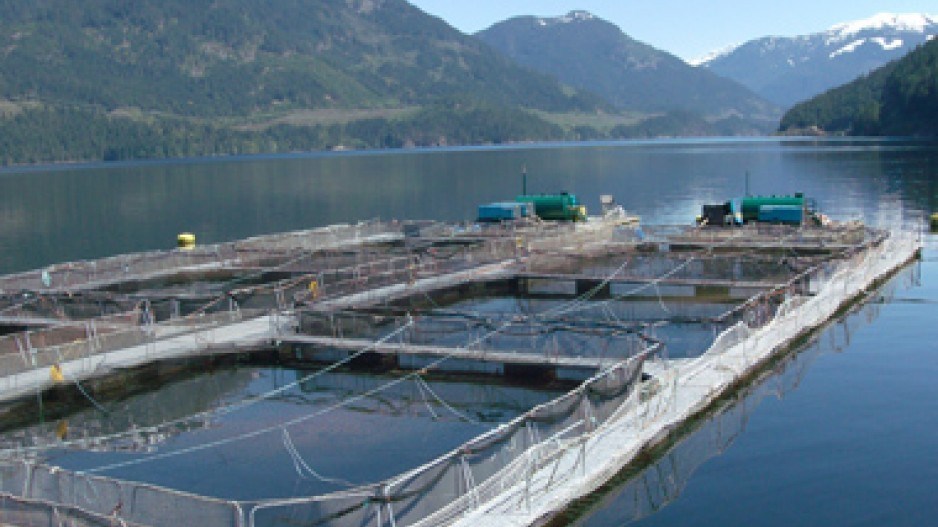The Department of Fisheries and Oceans will require screening of finfish raised in hatcheries for two strains of piscine reovirus (PRV) before the fish can be transferred to open net pens.
The Department of Fisheries and Oceans is implementing the new requirements as a result of a federal court ruling earlier this year that ordered DFO to amend its policies on testing farmed fish before they are transferred to the ocean.
Despite a scientific peer review that found little evidence that the strain of PRV found in B.C. causes disease in farmed salmon, DFO will require screening for two strains of PRV. It’s not clear if the industry or DFO itself will be responsible for the screening.
While the original concerns that were raised over PRV were specific to salmon, it appears that the new testing requirements may apply to all finfish, not just salmon. A DFO press release does not specifically single out salmon farms, but refers to “screening in fresh water aquaculture hatcheries.”
The new testing requirements aren’t particularly onerous, said Shawn Hall, a spokesman for the BC Salmon Farmers Association.
“B.C. salmon farmers already take the precaution of testing for a number of known pathogens that can impact fish health before smolts move from hatcheries to the saltwater environment,” Hall said. “And testing for another additional virus is going to be part of that already rigorous process.”
Salmon farmers will also be required to do enhanced testing and reporting of any incidents of heart and skeletal muscle inflammation (HSMI) – a disease that has been linked to PRV in Norway.




